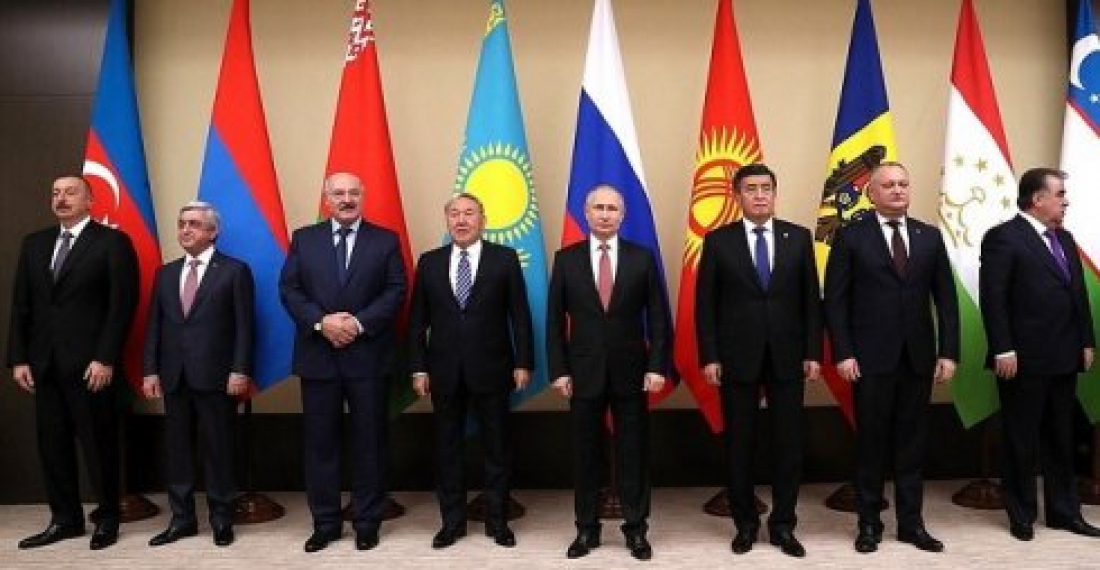An informal meeting of the heads of the Commonwealth of Independent States was held at the residence of the Russian President on the outskirts of Moscow in Novo-Ogaryovo.
The meeting was attended by President of the Republic of Azerbaijan Ilham Aliyev, President of the Republic of Armenia Serzh Sargsyan, President of the Republic of Belarus Alexander Lukashenko, President of the Republic of Kazakhstan Nursultan Nazarbayev, President of the Republic of Kyrgyzstan Sooronbay Jeenbekov, President of the Republic of Moldova Igor Dodon, President of the Republic of Tajikistan Emomali Rahmon and President of the Republic of Uzbekistan Shavkat Mirziyoyev.
The leaders of the CIS countries summed up the results of Russia's CIS Presidency in 2017 and exchanged views on the further development of cooperation in different areas.
Vladimir Putin had a brief bilateral meeting with President of Moldova Igor Dodon on the sidelines of the informal summit.
President Putin told the meeting that Russia and the CIS will continue to work on the tasks of socio-economic development, enhancing stability and security,
"I am convinced that closer cooperation within the CIS in various spheres in in the interests of the peoples of our countries. We will work together on the tasks of socio-economic development, enhancing stability and security of our states," the Russian president said.
"I am glad that we have gathered together ahead of the New Year holidays, as we agreed, in an informal atmosphere to sum up the results of joint work within the CIS in the outgoing year, to speak about plans for the future and, of course, to discuss issues of regional and global agenda," Putin said.
He noted a considerable growth in trade between the CIS countries. "According to statistics for the first ten months, it went up by almost a fourth," he said.
According to the Russian president, serious efforts during the year were focused on the development of integration between the countries, removing barriers in the movement of services and commodity, and on the fight against terrorism. "The countries of the CIS are expanding cooperation in the fight against terrorism, trans-border crime and drug trafficking," he stressed.
source: commonspace.eu with Tass news agency and kremlin.ru
photo: Leaders of the CIS countries at their informal meeting in Moscow on 26 December 2017. (picture courtesy of the press service of the president of Russia)







